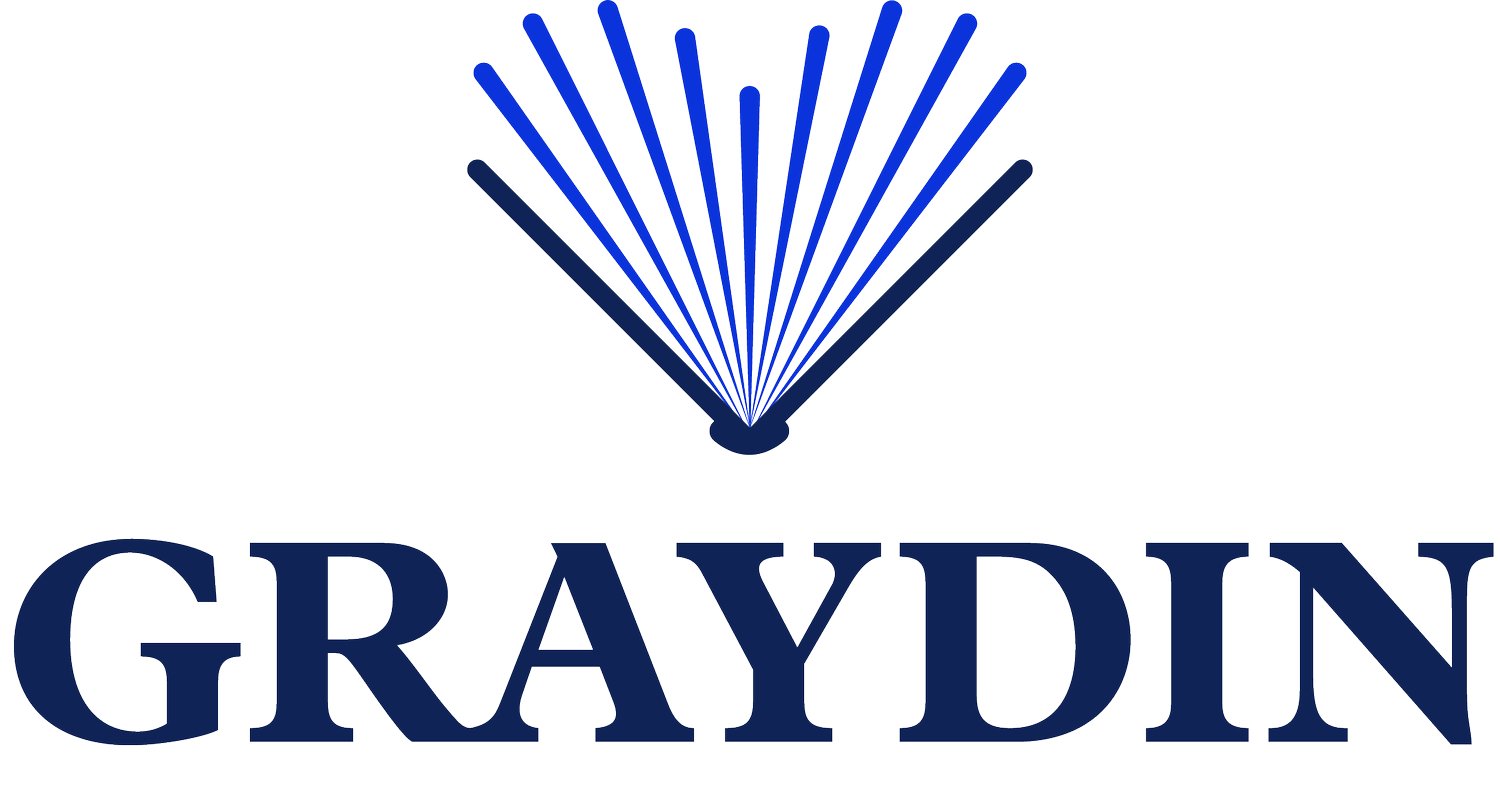Top 10 questions to ask when helping a student faced with disappointing exam results
This month, thousands of students across the country will take their next significant step in education when they receive their exam results. For many, this will be a time of triumph, jubilation and congratulations.
However, those who have not been as successful as their peers will turn to people around them for support, reassurance and help with moving forward.
As teachers, parents and friends, such a situation provides the opportunity to encourage resiliency and the adoption of a growth mindset in the young person. In our foundational coaching course, we dive deep into the skill of asking Effective Questions—short and simple questions that draw out self-awareness, insight, answer and solutions from your coachee or student. By taking on the role of a coach and using this skill of asking Effective Questions, you will encourage the student to reflect for themselves about how they feel, what the results mean, and what they want to do next.
Here are 10 questions which will be most useful to ask when a student is faced with disappointing exam results:
1. What is most important to you right now?
It’s critical when coaching to ‘Start With Heart’. This question focuses attention away from the exam results (where the problem resides) and towards the young person (where the solution resides).
2. How do you feel right now?
Instead of telling the young person how to feel about their exam results, asking them how they feel, will help them focus their attention on and not run away from—their feelings. The less likely they are to ‘bottle up’ their emotions, the more likely they are to move past them and learn from the experience.
3. What are your thoughts telling you?
Similarly, asking what their thoughts are is key. If they say they think they are “stupid”, or they think their future is “ruined”, resist the urge to tell them that they are overreacting or wrong. Instead, you might want to ask them another question like the one below…
4. If your friend received these results, what would you say to him or her?
Helping the young person to step outside of themselves for a moment and think about how they would treat another in a similar situation, will help to give them perspective on the situation.
5. What do you want to appreciate about yourself?
This is another brilliant question to help a student shift their lens (i.e. perspective) and look at the situation from a more positive viewpoint. Instead of being dragged down the rabbit hole of “I am not good enough!”, this question focuses the student’s attention on what is good about him or her. It’s imperative to help the student shift their lens if they are to come up with solutions for their future on their own.
6. What lessons have you learned from this experience and how will you use these going forward?
A growth-mindset is one that is willing to learn from challenges and develop as a result from them. This is a unique, albeit disappointing time, and an opportunity for the young person to learn how to deal with expectation, setbacks, pressure and stress.
7. So, what do you ultimately want?
This question, when placed anywhere in the conversation, focuses the student’s attention on what is truly important–i.e. what the student really wants. It is not intended that the student answers this question with “I want better results!” This question intends to place the students’ attention on their future and the life they want to live.
8. Imagine yourself in a year from now. What decisions would you make now, knowing what you will know a year from now?
This is a favourite question of students. Try this one out and see what happens!
9. What steps will you take in order to achieve what you want?
Focusing on practicalities of “next steps” are imperative, and not to be rushed. The more calm, clear-minded, and engaged in a growth mindset the young person is at this stage of the discussion, the more their ability to answer this question from a lens of possibility and not from a lens of fear is possible.
10. What will you do, by when and how will I or someone else close to you know?
The ability for a young person to commit to and follow through with action is imperative to their success in life. Encourage the student to be specific and choose someone they will be held accountable to.
Challenges often present the opportunity for new solutions, and the challenge of a disappointing exam result is no different. By taking on a coaching approach with your student, you can turn this negative into an opportunity for connection, support and ultimately, action.
